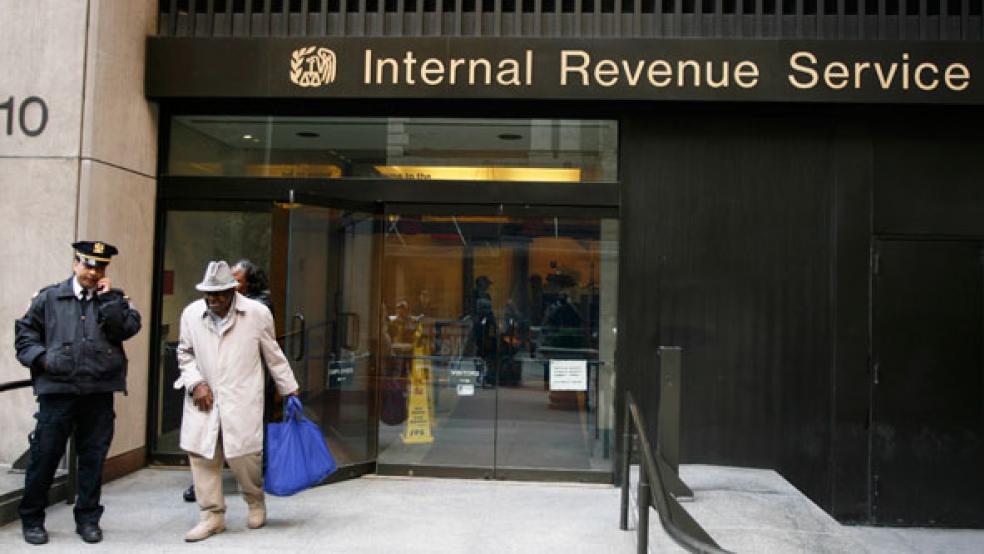As if it wasn’t already clear that the IRS faces challenges in implementing the new GOP tax law, a new report by the agency’s independent taxpayer advocate warns just how daunting a task the agency has on its hands.
The IRS will have to update its systems, publish new forms and publications, revise regulations, train employees on the new tax law and answer taxpayer questions about it. A preliminary estimate from before the tax law was passed put the IRS cost of implementation at $495 million over two years — at a time when budget cuts have already “challenged the agency’s ability to perform the basic tasks of administering the tax system.”
The report says that IRS funding has fallen about 20 percent in inflation-adjusted terms since 2010. Even before the new tax law was passed, the agency expected to be able to answer about 60 percent of public calls during tax season and 40 percent for the full year. Its employee-training budget has been cut by almost 75 percent since fiscal 2009.
Based on what happened following the 1986 tax reform and the 2008 stimulus, the new law will only add to the IRS workload.
“We have already seen confusion about withholding changes, confusion about the deductibility of prepaid property taxes, and confusion about whether states can allow taxpayers to make charitable contributions in lieu of taxes as a way of permitting their residents to claim larger tax deductions than would otherwise be allowed because of the new $10,000 cap on the state and local tax deduction,” National Taxpayer Advocate Nina Olson said. “The IRS will have a lot of issues to work through, and taxpayers will have a lot of questions. But with more funding, strong leadership, and a closer working relationship with Congress, I am convinced the IRS can do the job well.”
Whether the IRS gets additional funding remains a question. But Olson also wrote that the IRS has opportunities to improve even without more money. “Limited resources cannot be used as an all-purpose excuse for mediocrity,” she wrote.





